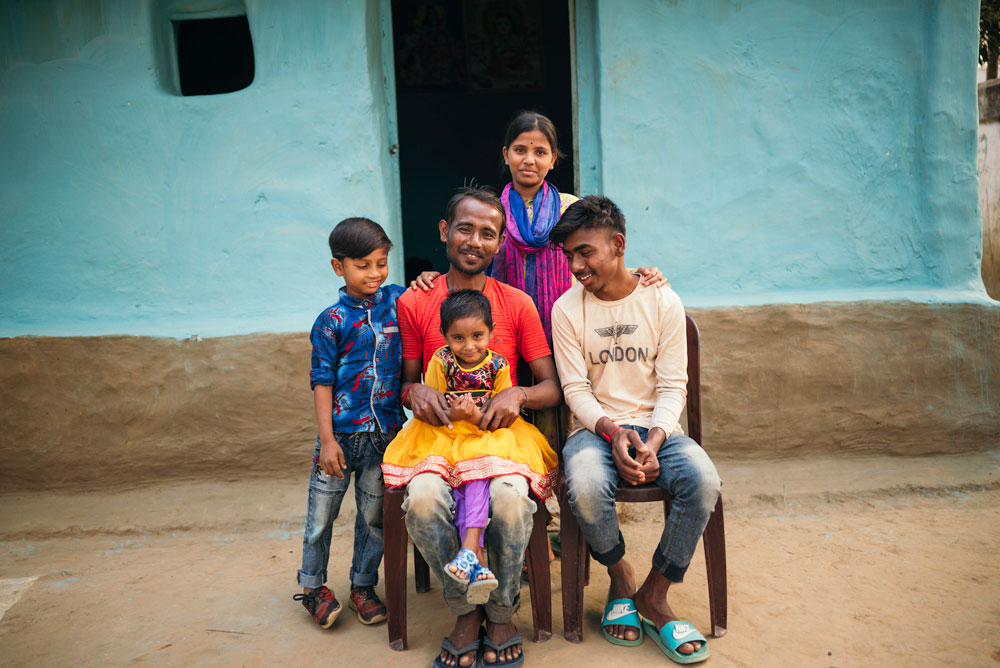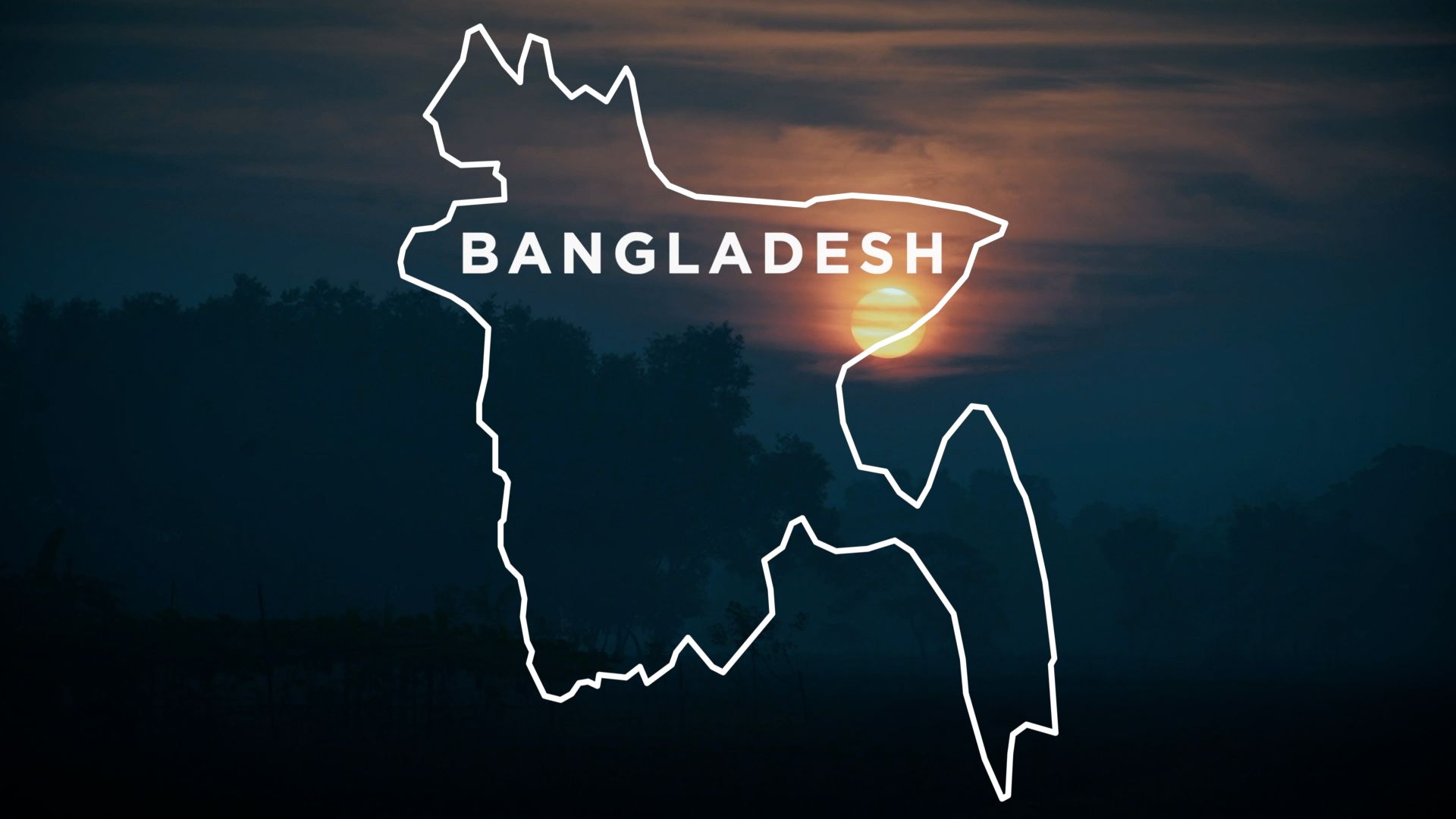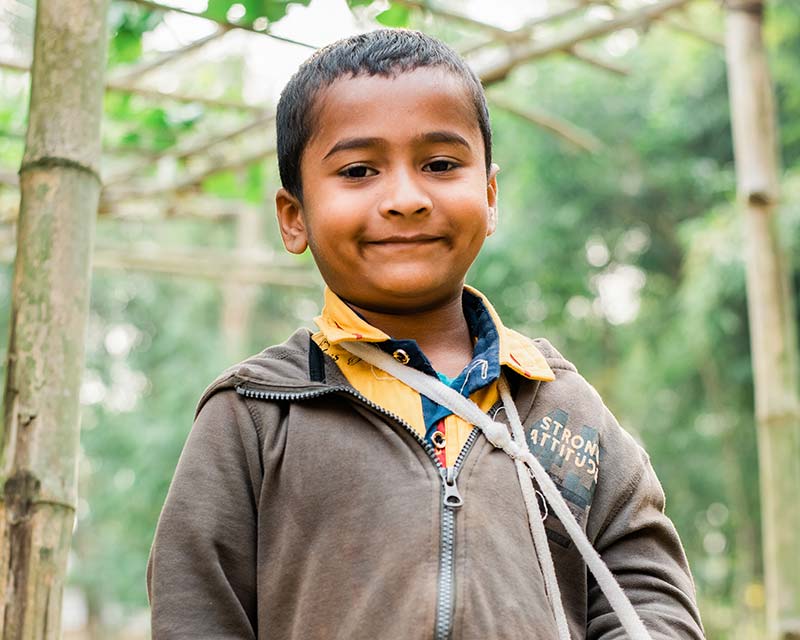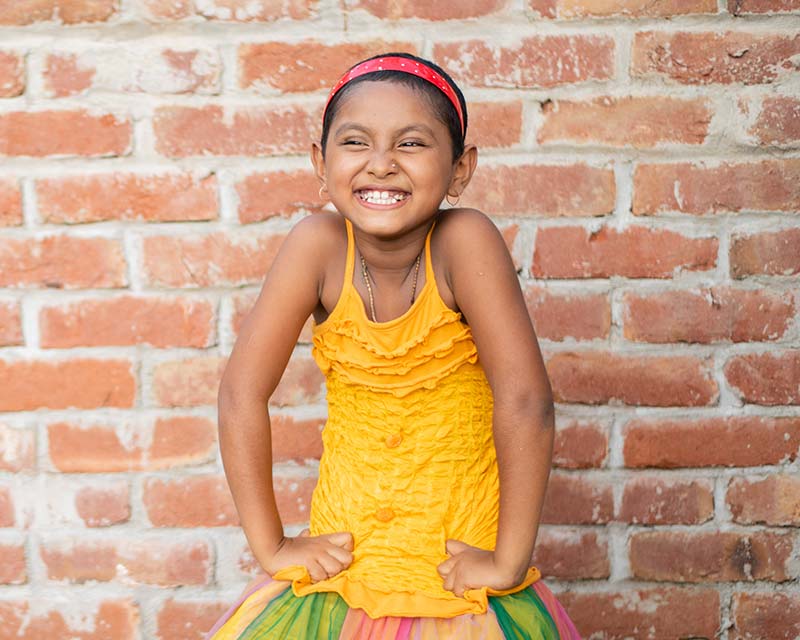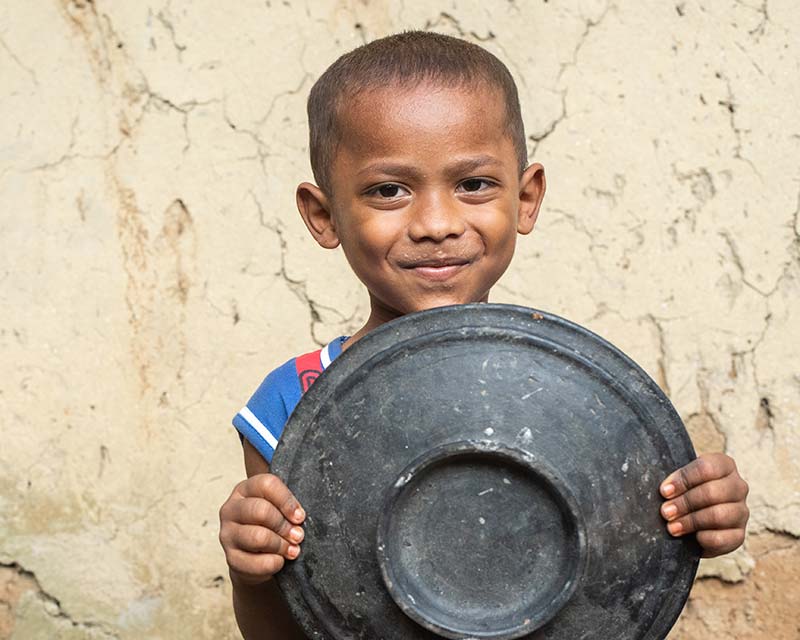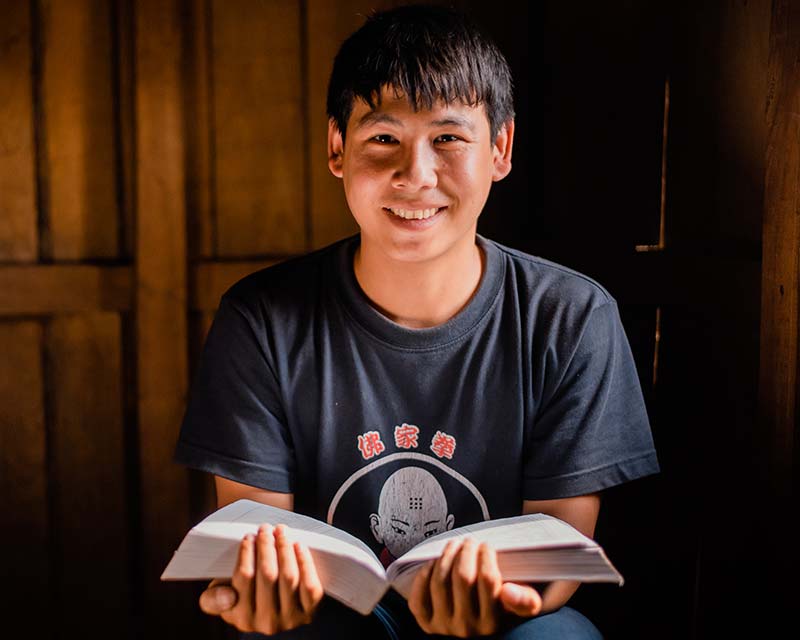Bangladesh is one of the world’s most densely populated countries, with more than 169 million people living in a land area roughly two-thirds the size of Victoria. Known as East Pakistan until 1971, Bangladesh is a majority Muslim nation with over 88 per cent of the population identifying as Muslim.
Poverty remains deep and widespread in Bangladesh. Close to half the population lack access to basic sanitation services, and around 85 per cent live on less than US$5.50 per day. Bangladesh is also regularly affected by heavy monsoonal rains that cause flooding and mass displacement.
Most of the population relies on farming to make a living, with agriculture accounting for almost half of the country’s economy. Major crops include rice, jute and tea. Farming is growing increasingly difficult as rising seas destroy farmland in low-lying areas, inundating and salting the land and making it unfit for crops.
In recent years, urban areas—especially Dhaka, the capital—have experienced a population surge as many rural communities have found life increasingly difficult in their hometowns. This has led to the growth of urban slums around major cities, as families come looking for safer ground on which to build a home and the prospect of work to build a life. But in these slums, children are more vulnerable to malnutrition, child labour, child marriage, violence, abuse, poor sanitation and pollution.
Yet our local partners are at work, serving their communities by providing resources and education to help children and families thrive.
READ MOREkeyboard_arrow_down
READ LESSkeyboard_arrow_up
